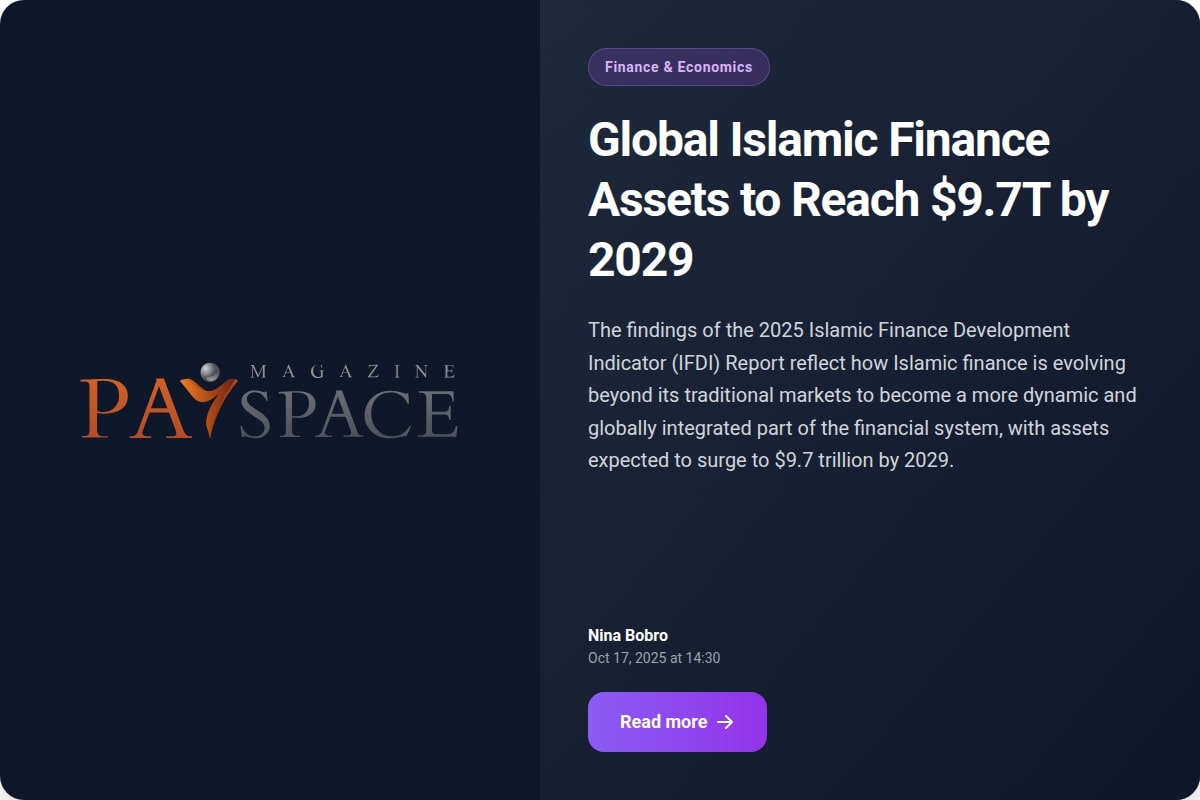The findings of the 2025 Islamic Finance Development Indicator (IFDI) Report reflect how Islamic finance is evolving beyond its traditional markets to become a more dynamic and globally integrated part of the financial system, with assets expected to surge to $9.7 trillion by 2029.

The 2025 Islamic Finance Development Indicator (IFDI) Report, released by the London Stock Exchange Group (LSEG) in partnership with the Islamic Corporation for the Development of the Private Sector (ICD), finds that global Islamic finance assets are projected to reach $9.7 trillion by 2029, growing at an average annual rate of 10%, underscoring the sector’s accelerating role in driving sustainable and inclusive economic growth.
According to the report, Malaysia continues to lead the global rankings, followed by Saudi Arabia and the United Arab Emirates, reflecting their consistent policy leadership and deepening investment in Islamic finance ecosystems. Other top performers, including Indonesia, Pakistan, Kuwait, Bahrain, Iran, Qatar, Türkiye, and Bangladesh, demonstrate how diverse markets are shaping the future of the industry through innovation, regulation, and cross-border collaboration.
The data points to a sector that is expanding both in scale and sophistication. Islamic banking remains the backbone of the industry, accounting for 72% of total assets and now active in 84 markets worldwide, with notable growth across sub-Saharan Africa, where 104 Islamic banks and windows operate in 28 countries. The global sukuk (bond) market, adhering to Sharia principles, also continues to thrive, surpassing $1 trillion in outstanding value in 2024, while ESG-linked sukuk reached $50 billion, signaling a strong alignment between Islamic finance and sustainable development.
The report emphasizes that Islamic finance governance achieved the highest average score globally, driven by stronger regulatory frameworks and improved transparency. These trends reflect how Islamic finance is evolving beyond traditional structures to embrace technology, sustainability, and inclusive economic participation.
Overall, the 2025 IFDI underscores that Islamic finance is no longer a niche alternative. It is becoming a core pillar of the global financial system. With deepening cross-border connectivity, regulatory modernization, and digital innovation, the sector is poised to play a defining role in shaping the future of ethical and sustainable finance worldwide.









